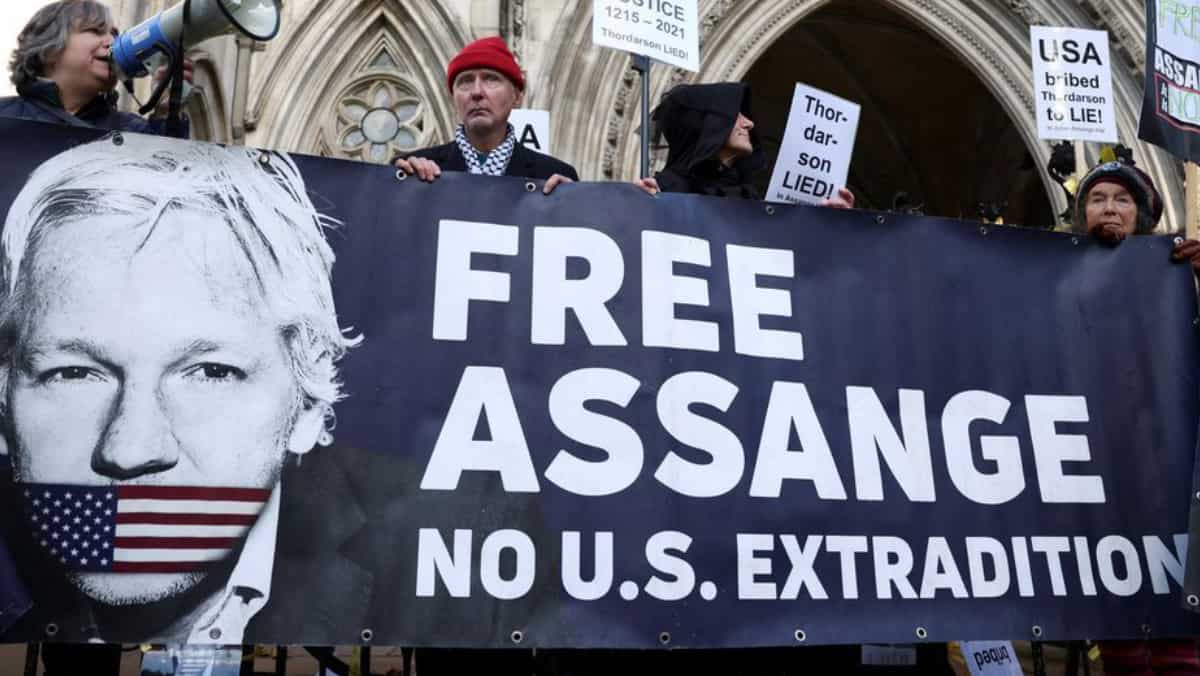Julian Assange Extradition Case Update
Background
Wikileaks founder Julian Assange cannot be immediately extradited to the United States, the High Court in London ruled on Tuesday. The court emphasized that Washington must provide assurances regarding his treatment, including protection from the death penalty.
Legal Developments
The two High Court judges ruled they “will grant leave to appeal’ on narrow grounds “unless a satisfactory assurance is provided by the government of the United States of America”. The court has given the United States three weeks to provide assurances, such as protection under the First Amendment and ensuring he is not prejudiced at trial due to his nationality.
Reaction
Julian’s wife Stella expressed her astonishment at the court’s decision, highlighting the violations of his freedom of expression rights and discrimination based on his nationality.
Upcoming Proceedings
If the US provides assurances, a hearing on May 20 will determine their adequacy. Otherwise, Assange will be entitled to a full appeal hearing, marking a significant victory for him.
Julian Assange’s Journey
- Assange sought refuge in the Ecuadorean Embassy in London in 2012 to avoid extradition to Sweden.
- Following his expulsion from the embassy in 2019, he was sentenced to 50 weeks in jail for breaching bail conditions.
- The US later sought his extradition on charges related to the 2010 disclosures and hacking allegations.
Current Status
British Home Secretary Priti Patel initially approved Assange’s extradition in 2022, but the decision was challenged in court. Two High Court judges are currently reviewing his final appeal in a British court.
















































